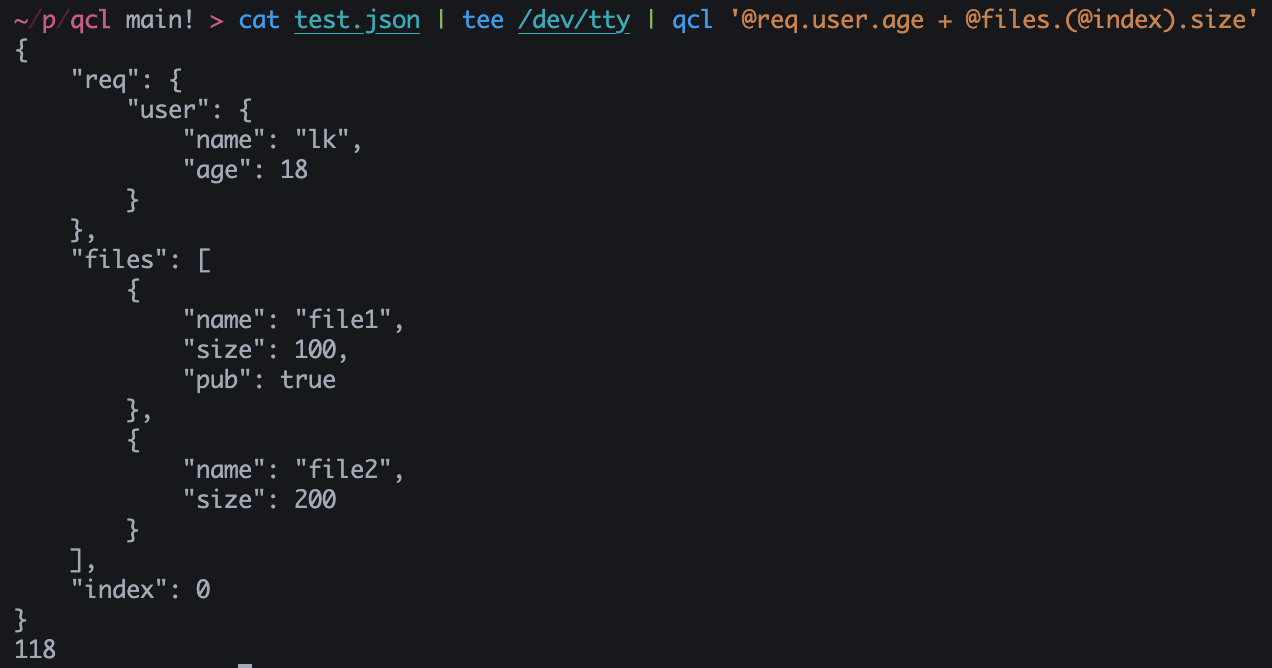It's designed to be used in ACL (Access Control List) systems, where you need to check if a user has access to a resource.
(@record.published || @record.owner == @req.user.id) // Normal case
|| // Or operator
(@req.user.role == 'admin' || @req.user.id in @record.granted) // Special caseLet's break it down:
@req.user.role == 'admin': Check if the user has the role ofadmin.@req.user.id in @record.granted: Check if the user's id is in thegrantedlist of the record.@record.published: Check if the record is published.@record.owner == @req.user.id: Check if the record's owner is the user.
The above example is a simple ACL system that checks if the user has access to a record.
More language details can be found in LANG.md.
json(enabled by default)yamltoml
At least one input format feature must be enabled. The default configuration enables json.
// Parse expr
let expr = "@req.user.name in 'foobar' && @files.0.published == true";
let expr = Expr::try_from(expr)?;
// Construct context
let ctx_names = expr.requested_ctx(); // ["req", "files"]
// You can construct the context indeed, but we use json! for simplicity
let ctx = json!({
"req": {
"user": "foo"
},
"files": [
{
"name": "file1",
"published": true
}
]
});
// Eval
let result = expr.eval(ctx.into())?; // Val::Bool(true)
match result {
Val::Bool(b) => {
assert!(b);
}
_ => {
panic!("unexpected result");
}
}Apache-2.0 lollipopkit
